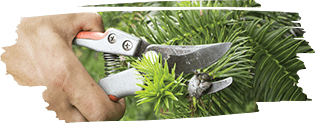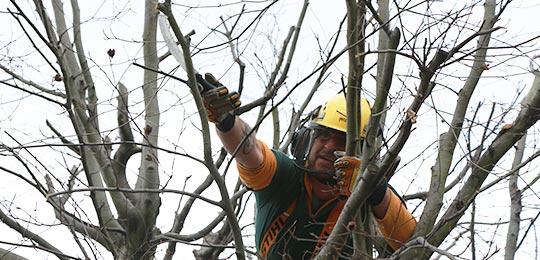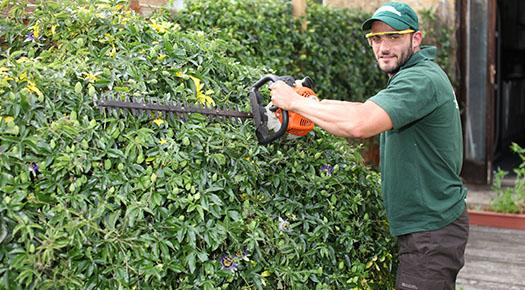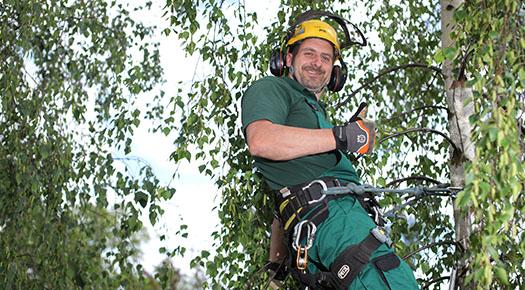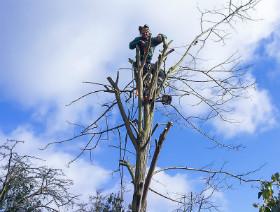As with any other type of tree, if branches get out of hand and aren’t cut regularly, you risk having them break off in a storm and cause a number of problems. Cutting back conifers’ dominant branches helps prevent bigger and worse issues. What is more, with these types of trees, often there are one or two branches which become dominant and thus suppress the others’ growth. This is also an example of when and why you should trim a conifer tree.
Shaping conifer trees is also done because after some time of negligence they start to look like a nondescript and unshaped shrub. This simply makes you and your home look unsightly, so when you notice that things are getting out of hand, call someone to prune the tree.

